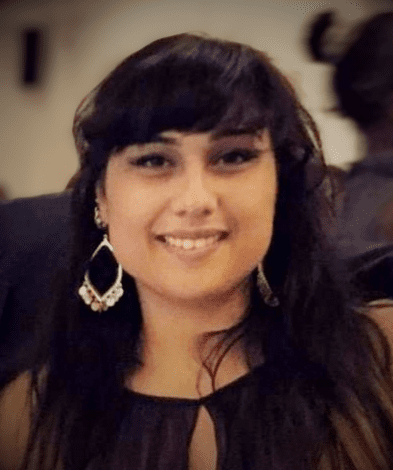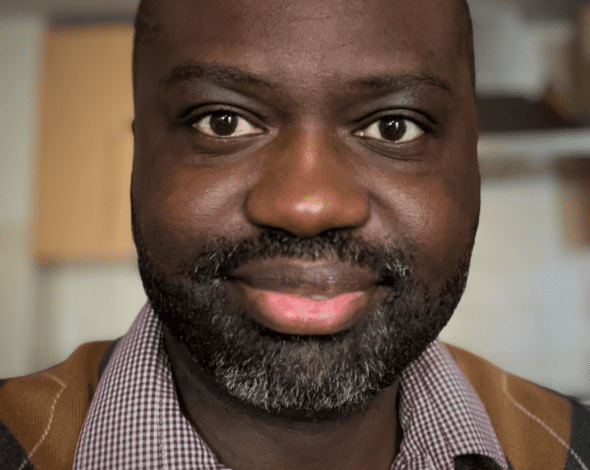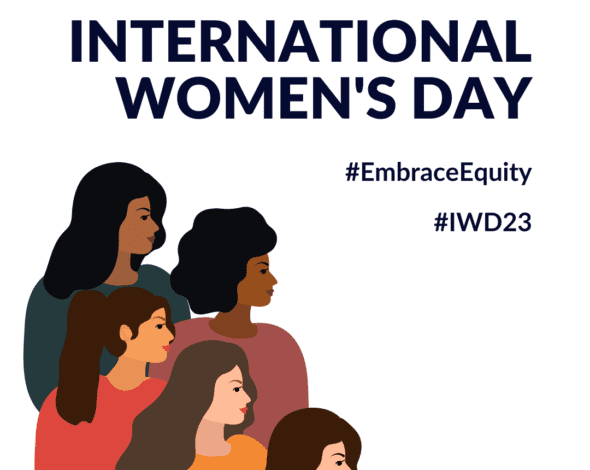Please tell me about your experience of working in mental health.
I worked in a few different administrative roles in adult acute and forensic settings from 2003 before I moved into workforce development within a Mental Health Trust. From there I joined Health Education England and managed seven mental health workforce programmes hosted by different Trusts in the West Midlands. At the same time, I was becoming increasingly interested in innovation. I knew there were great innovations out there, but they were not always finding their way into the NHS. This led me to the West Midlands Academic Health Science Network (AHSN) where I worked as their Mental Health Programme Lead. I focused on the challenges impacting health and social care regionally, and introduced statutory organisations, education and academia with evidence-based innovations, which addressed those challenges. This is how I met S12 Solutions. Colleagues had always talked about the problems finding section 12 doctors, and so for me, S12 Solutions was a simple solution to an unmet need. Understanding the processes, roles and costs associated with the crisis care pathway has been really helpful to my role as Strategic Partnership Lead.
What does your role involve?
One of my responsibilities is horizon scanning, so I am looking out for changes to law and practice, which are set to impact crisis care, and working with our team and users to make sure we are aligned with those changes. We are always looking for ways to make life easier for professionals doing an incredibly difficult job, and so we will also ask ourselves whether forthcoming changes could create opportunities for new features or processes. We explore options with the mental health professionals in our working group, who meet every month to share their ideas and provide feedback about new features. Our Electronic Statutory Mental Health Act Form feature is a great example of this. We reached out to our community, following regulatory changes brought about by the pandemic, to find out what else we could do to support them. Statutory forms were a popular request and this made sense to us since we were already working with the professionals involved and we could offer them multiple processes within one platform.
I also lead our evaluation process, making sure we look at patient and workforce benefits as well as cost effectiveness.
What changes are you focused on currently?
We anticipate Integrated Care Systems will be given legal form by April 2022, however we are already working in a complementary way with our stakeholders. Our projects bring committees of people from health and social care together to look in detail at processes which may not have received this kind of attention before.
We are also keeping a close eye on progress against the actions set out in the Covid-19 Mental Health and Wellbeing Recovery Action Plan to make sure we are doing all we can to support services. We know that workforce capacity will continue to be important and our Sites are already using our data to drive change in this area. For example, in one Site our data demonstrated shortfalls in doctor availability, particularly among Child and Adolescent Mental Health Services (CAMHS) doctors. In response, the CCG increased payment to out of hours doctors and incentivised CAMHS doctors to travel to the area, recognising that CAMHS assessments can be long and complex, and their existing fee did not really reflect this. Data suggests these changes have made a positive impact, and we are sharing these ideas with other areas too, creating communities of best practice.
We are also keen to hear the feedback from the Reforming the Mental Health Act consultation, but we feel our emphasis on supporting the organisation of the best-fit assessing team aligns with some of the principles proposed in Modernising the Mental Health Act. The platform already allows Approved mental health professionals (AMHPs) to search for doctors by specialisms, languages and gender. AMHPs have told us about assessments where a doctor’s experience or cultural understanding has made a big difference to the service user’s experience, which lends well to treating the person as an individual, respecting their choice and autonomy, and following the least restrictive principle. Building on this, several AMHP teams have asked us to develop an ethnicity search. We hear the need but we also recognise this is a sensitive area and so we have taken our usual approach of saying OK, let’s work together to find the right way to do this.
Find out more
Get in touch with our team here.








